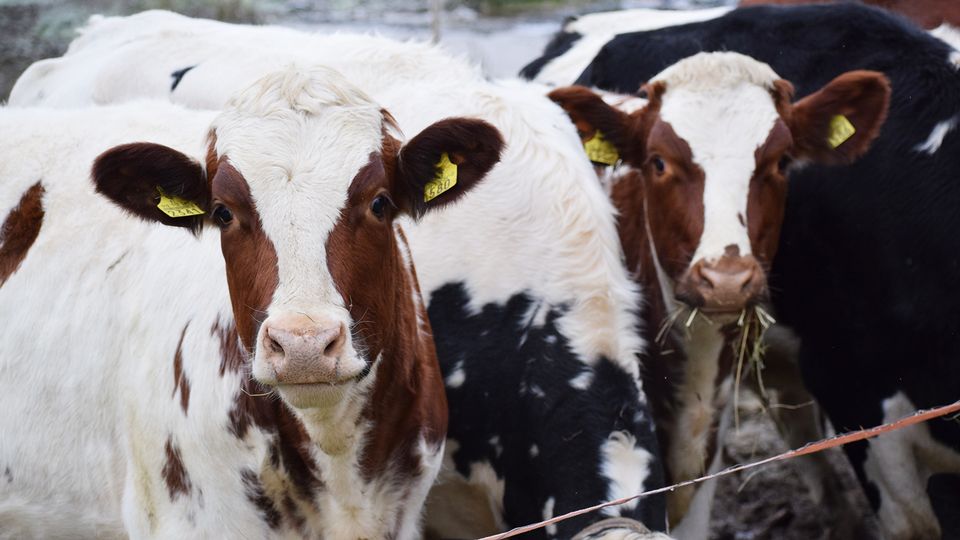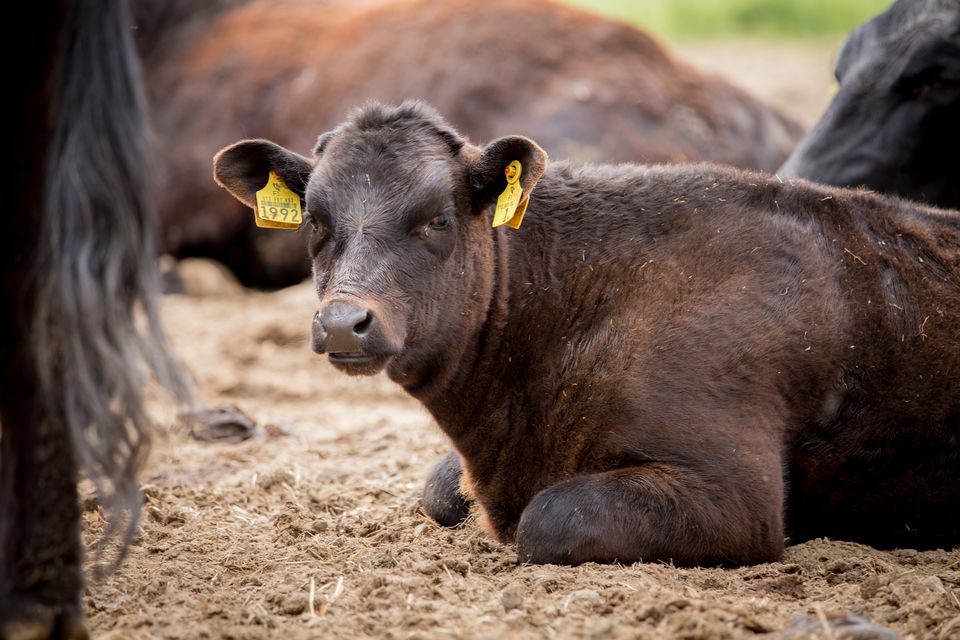Finnish team assists in cutting methane emissions from cow burps

Methane emissions could be reduced worldwide by altering the microbes living in the guts of cows and thereby reducing the amount the animals belch, according to a team of researchers who took part in a joint international study.
The project, called RuminOmics, involved more than 1,000 cows from Finland, Sweden, the UK and Italy.
Cows emit large quantities of methane through their burps as they chew their cud. According to the UN Food and Agriculture Organisation, livestock-based methane is responsible for around 14.5 percent of the world’s greenhouse gas emissions, which contribute to global climate change.
Research revealed a group of beneficial microbes that affect the metabolisms of animals with multiple stomachs, like cows. It was found that when cattle have these good microbes in their first stomachs – or rumen – they tend to belch less than those that don’t, reducing the amount of methane they release into the atmosphere.
Professors Kevin Shingfield and Johanna Vilkki headed the Finnish team from the Natural Resources Institute (Luke) along with special researchers Ali R. Bayat and Ilma Tapio.
In addition to reducing methane emissions, researchers said the right micro-organisms could also help increase cows’ production of milk. This would also conserve resources as fewer cows would be needed to produce the same volumes of milk.
Ecological livestock
The researchers in Finland used a sealed room called a “whole room calorimeter,” or metabolic chamber, to measure the gases emitted by 100 cows.
“Finnish cows visited the respiratory chambers at the experimental farm, where they were monitored for feed efficiency, methane emissions, energy metabolism and performance, and sampled for analysis of rumen microbiome composition,” researcher Vilkki explained in a release.

“Preliminary results show that rumen microbial community in calves “matures” earlier, and now we are monitoring the effects on phenotypes until adulthood,” Tapio said.
Two dairy cattle breeds were used in the study, but the researchers said they believe their results can be applied to beef cattle and other ruminant species, like goats and sheep.
The feed eaten by cattle directly affects the content and function of their rumen microbiome, and the study suggests that future research and applications should factor in what the cows are actually eating.
Vilkki said that predicting the impacts of hereditary microbes in different contexts “should result in a more efficient and more environmentally friendly ruminant livestock industry.”
Related stories from around the North:
Canada: Better wildfire & agriculture management among recommendations from Arctic Council black carbon expert group, Eye on the Arctic
Finland: Finnish government considers allowing cities to charge congestion fees to slash emissions, Yle News
Greenland: Tall ice cliffs are slumping and may trigger rapid sea-level rise, study finds, CBC News
Norway: Climate change is driving micro-algae blooms into High Arctic and may affect food chains, says study, Eye on the Arctic
Russia: Russia’s Arctic nuclear dump could become promising fishing area, The Independent Barents Observer
Sweden: Sweden’s cars pollute more than previously thought, Radio Sweden
United States: Permafrost thawing under Arctic lakes warming climate faster than expected, says study, CBC News



